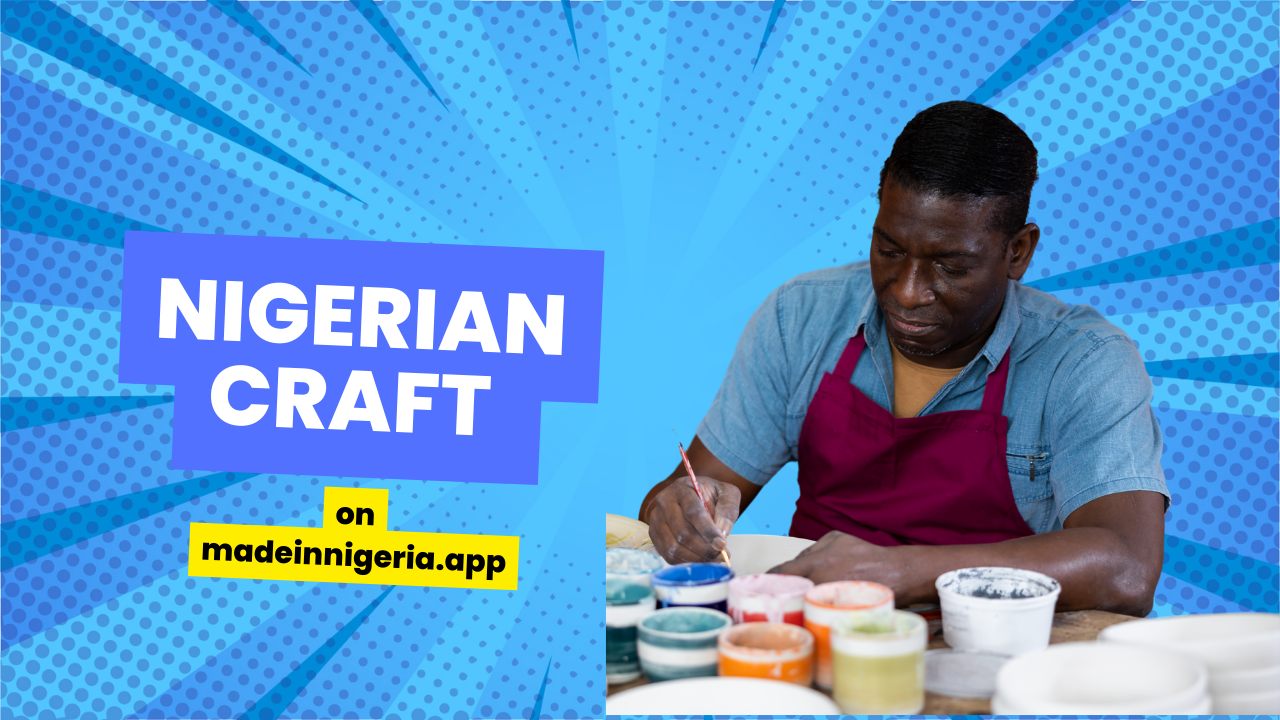Exclusive: Behind the Scenes of Nigerian Artisans Creating Handcrafted Goods
Certainly! Behind the scenes of Nigerian artisans creating handcrafted goods unveils a rich tapestry of cultural heritage and skilled craftsmanship. These artisans often work in small, specialized workshops or even at home, using traditional methods passed down through generations. Their creations encompass a wide range of items, from intricately woven textiles to finely carved wooden sculptures and vibrant pottery.
One of the key aspects of this process is the deep connection to local materials. Artisans frequently source their materials locally, whether it’s sustainably harvested wood, natural dyes for textiles, or clay from nearby riverbanks. This not only supports the local economy but also ensures authenticity and a unique character to each piece.
Techniques used vary widely depending on the craft. For instance, in textile weaving, traditional looms are still used to create intricate patterns that tell stories of cultural significance. Woodcarvers skillfully transform raw logs into functional items like furniture or decorative pieces, often incorporating symbolic motifs that reflect local beliefs and traditions.
The workspace of these artisans is often filled with a symphony of sounds and sights: the rhythmic clacking of a loom, the sharp chiseling of wood, or the gentle shaping of clay. There’s a sense of pride and dedication in their work, knowing they are carrying forward centuries-old traditions while adapting to modern demands and tastes.
Collaboration and mentorship play crucial roles in this artisanal ecosystem. Master artisans pass down their skills to apprentices, ensuring continuity and innovation within the craft. This passing of knowledge not only preserves cultural heritage but also empowers the next generation of artisans to explore new designs and markets.
Moreover, the artisanal sector in Nigeria contributes significantly to the economy, providing livelihoods for many families across the country. It serves as a vital link to cultural identity and community pride, with each region often specializing in distinct crafts that reflect local customs and aesthetics.
In recent years, there has been a growing appreciation for Nigerian artisanal goods both locally and internationally. Platforms and initiatives have emerged to promote these crafts, showcasing them in global markets and preserving their heritage value.
In essence, the behind-the-scenes world of Nigerian artisans creating handcrafted goods is a testament to creativity, resilience, and cultural pride. It’s a vibrant sector where tradition meets innovation, producing pieces that not only serve functional purposes but also carry stories of heritage and craftsmanship from generation to generation.














